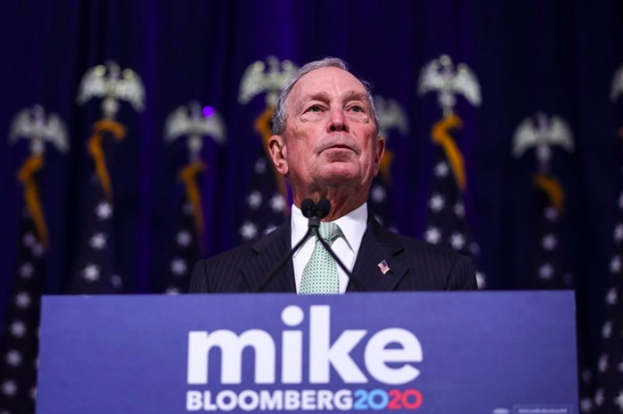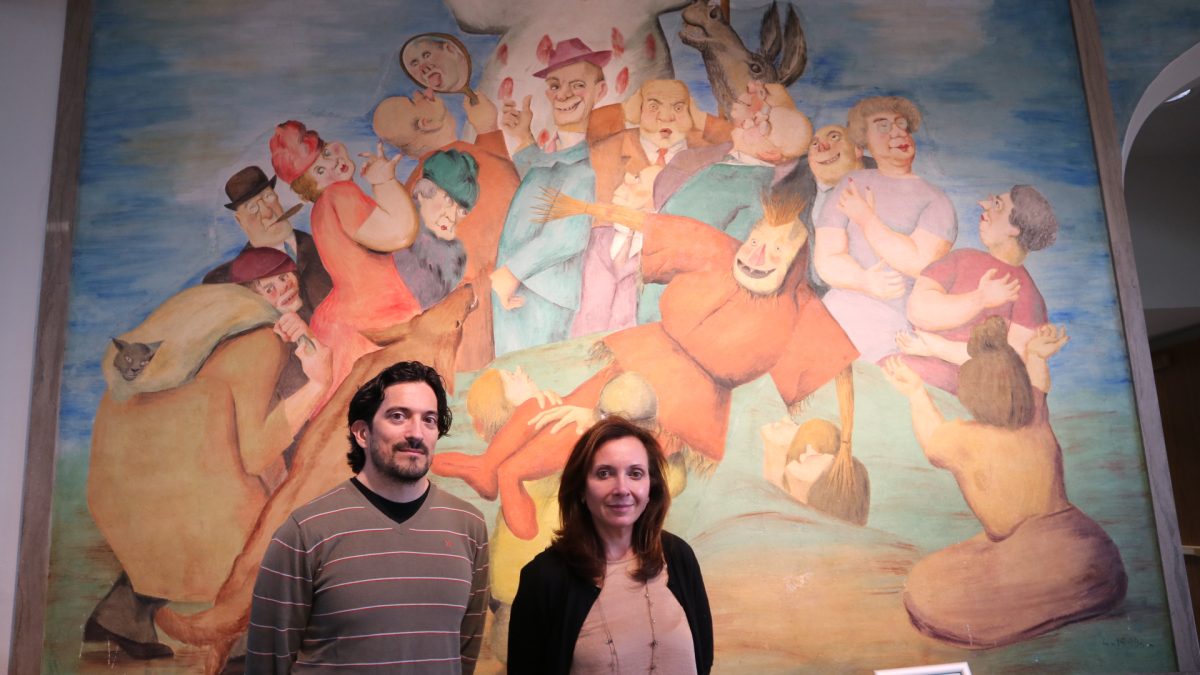Running for president of the U.S. is commonly seen as a process that is both burdensome and taxing on all who are involved. It involves going across the country, winning important centers of power like Iowa or New Hampshire and trying to put up a good showing in televised debates.
This makes it even crazier that Mike Bloomberg, the billionaire and former mayor of New York, has chosen to stay in the sidelines rather than the spotlight. In fact, he hasn’t even taken part in any of the debates, which are often a hallmark of the campaign season.
Instead, he has chosen to use his vast wealth to blanket ads on almost any platform available. This is on top of using his money to pay for important staffers and other necessary campaign events and infrastructure across the country.
According to the New York Times, “In the first quarter of his campaign alone, Mr. Bloomberg, who is not accepting political donations, spent $188 million.” That is more than any other candidate in the current race.
Unlike other candidates, he doesn’t have donors backing him or grassroots support. That lack of popular support from the base of the Democratic Party is the problem.
The election process shouldn’t allow a rich person, no matter how well qualified or well-meaning, to buy their way to political power. That is what happens in places without the kind of stable democracy America claims to have.
Bloomberg is not a figure that has emerged because of some popular movement or personal charisma. In reality, he is only gaining momentum because he can write the checks.
It is even more galling considering Bloomberg’s background as the mayor of New York, when he wasn’t even a member of the Democratic Party.
During his time as mayor, Bloomberg ran and won in 2001 and 2005 as a Republican. He won re-election in 2009 as an independent.
As a Republican, Bloomberg didn’t distance himself from the polarizing national politics of that time. Instead, he was clear with his connection to the Republican Party, which is seen in his 2004 endorsement of President George W. Bush.
While in office, he also showed himself to be fiscally conservative when it came to economic issues, which meant that wealth inequality wasn’t really tackled like it needed to be. He did lean more to the left socially, but that is hard to square with the 2004 endorsement of Bush.
When Bloomberg was in office, he pushed for more policing power as a proponent of stop and frisk. Stop and frisk has been under considerable debate due to its connection to racial profiling, which Bloomberg only apologized about when it became politically convenient for him to do so.
Bloomberg left the office after 2013 and spent most of his time using his money on various philanthropy projects, which is common for the ultra-wealthy.
All and all, this doesn’t paint the picture of anyone that should be a major candidate running for president in a center-left to liberal party, which the Democratic Party has evolved into.
The only reason he has a campaign is his wealth. He doesn’t have popularity with the Democratic Party’s base, nor does he draw that big of a contrast with the Democratic Party’s foe in the general election: President Donald Trump.
If the Democratic party does want to move in a more moderate direction, there are figures like Senator Amy Klobuchar who have a better record and have actually worked hard to get the momentum she has received.
Up until recently, he wasn’t even a Democrat, which makes it hard to not see this as a campaign to undermine a party that might move in a progressive direction, one which he just doesn’t like.
Parties shouldn’t have to follow whatever way some billionaire thinks they should go; that is what the voters should decide in a fair and open process.
Elections shouldn’t be like a free-to-play game where you can just buy your way to victory.
bmh6dw@mail.umkc.edu








